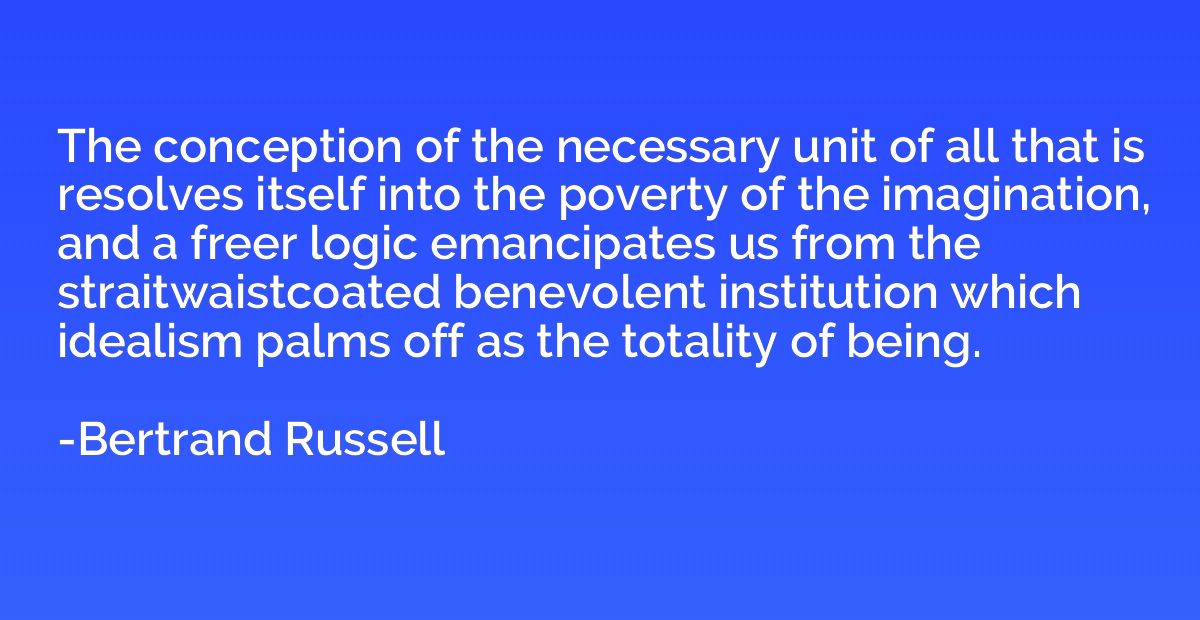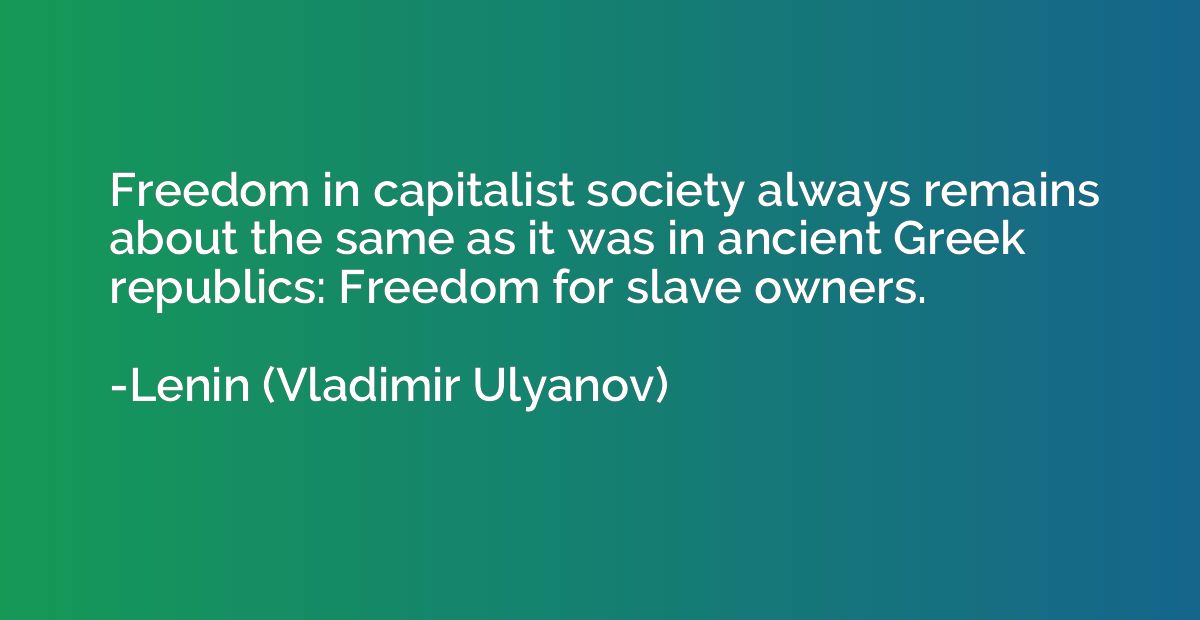Quote by Kenneth Tynan, Recalled on his d
No theater could sanely flourish until there was an umbilical connection between what was happening on the stage and what was happening in the world.

Summary
This quote suggests that for theater to truly thrive, there must be a significant and meaningful link between the stories portrayed on stage and the reality of the world. It implies that theater should not exist in isolation but rather reflect and comment on the current social, political, and cultural context. By acknowledging and addressing real-world issues through drama, theater can resonate more deeply with audiences and have a more significant impact on society. This connection to the world outside the theater makes the art form relevant, thought-provoking, and capable of inciting change.














